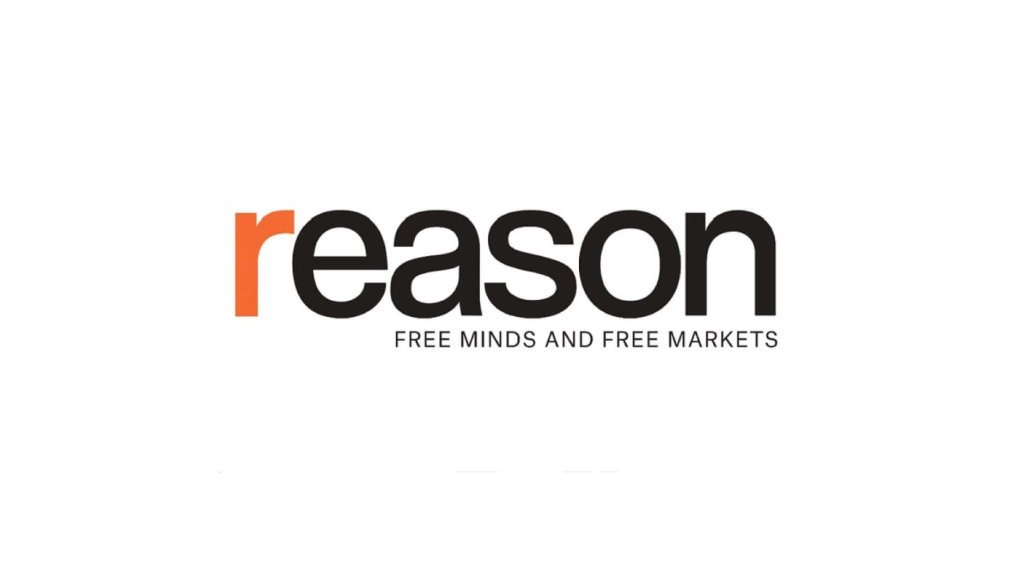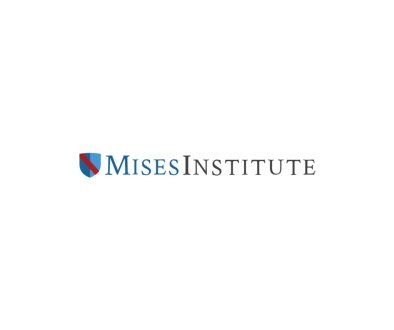“Title VI Must Be Applied Consistent with First Amendment Principles”
An excerpt from Judge John Cronan’s long decision today in Gartenberg v. Cooper Union (S.D.N.Y.) (I expect to blog more later about the specific facts of the case); note that the court’s logic applies to Title VII liability in workplaces as well, especially since it cites precedents and articles that focus on Title VII:
Title VI makes it unlawful for institutions that receive federal funding to discriminate against participants in their programs on account of race, color, or national origin. In the educational context, actionable discrimination includes an institution’s “deliberate indifference” to known instances of student-on-student harassment that are “‘severe, pervasive, and objectively offensive’ and discriminatory in effect.” …
Title VI Must Be Applied Consistent with First Amendment Principles, Even When the Defendant is a Private Institution.
At the outset, Cooper Union maintains that Gartenberg’s hostile environment claims are based largely on protected political speech by pro-Palestinian members of its community, and are therefore foreclosed by the First Amendment. Indeed, Gartenberg’s Complaint—which alleges liability predicated, in part, on a demonstration on a public sidewalk concerning the Israeli-Palestinian conflict, the distribution of fliers supporting the Palestinian cause, a controversial “art display” advocating violent resistance to “colonialism,” and a speech given by Dr. Bartov about the Holocaust—is “rife … with [F]irst [A]mendment overtones.” DeAngelis v. El Paso Mun. Police Officers Ass’n (5th Cir. 1995).
Gartenberg responds that the First Amendment has no relevance to her hostile environment claims. Gartenberg contends that Cooper Union is a private institution and that “[i]n contrast to students at public or state institutions, students at private colleges do not enjoy First Amendment protections.” Going on, Gartenberg argues that regardless of whether Cooper Union is itself bound by the First Amendment, it would “still have the authority under the U.S. Constitution, and a responsibility under Title VI, to punish students who harass their Jewish peers on campus and thereby interfere with the victims’ ability to participate in school activities.”
Gartenberg’s argument is unpersuasive.
A statute that burdens protected speech must comport with the First Amendment regardless of whether it does so directly, such as by prohibiting certain speech outright, or indirectly, such as by requiring a court adjudicating a “civil lawsuit between private parties” to apply a rule of law that has the effect of “impos[ing] invalid restrictions on [the defendant’s] constitutional freedom[] of speech.” N.Y. Times Co. v. Sullivan (1964); see also Kingsley R. Browne, Title VII as Censorship: Hostile-Environment Harassment and the First Amendment, 52 Ohio St. L.J. 481, 510-11 (1991) (“Although the primary method of enforcement of the harassment prohibition is through civil actions between private parties, imposition of liability by the courts under federal and state statutes easily falls within the definition of ‘state action.'”). And as relevant here, requiring schools to censor or punish political speech to avoid liability for a hostile environment would burden not only their students’ freedom of expression, but the academic freedom of the institution itself to create an educational environment centered around the free exchange of ideas. See Dube v. State Univ. of N.Y. (2d Cir. 1990) (“[F]or decades it has been clearly established that the First Amendment tolerates neither laws nor other means of coercion, persuasion or intimidation ‘that cast a pall of orthodoxy’ over the free exchange of ideas in the classroom.”).
That a private institution like Cooper Union is generally free to regulate its students’ speech without regard for the First Amendment, therefore, is irrelevant to the question of whether Congress may compel it to do so via the threat of civil liability under Title VI. See Yelling v. St. Vincent’s Health Sys. (11th Cir. 2023) (Brasher, J., concurring) (“Although a private [institution] can adopt a speech code if it wants, the government usually cannot force people to speak in a particular way.”); Eugene Volokh, Freedom of Speech and Workplace Harassment, 39 U.C.L.A. L. Rev. 1791, 1817 (1992) (“The government cannot escape First Amendment scrutiny for its speech restriction by forcing someone else, on pain of liability, to implement that restriction.”).
In addition, if a given interpretation of a statute “would raise a multitude of constitutional problems” when applied in one context, a court must consider those issues regardless of “whether or not those constitutional problems pertain to the particular litigant before the Court.” Title VI, contrary to Gartenberg’s suggestion, is not “a chameleon, its meaning subject to change depending on” whether the defendant is private or public institution. The Court therefore cannot ignore the constitutional problems that would inevitably arise in the context of public universities—which, unlike Cooper Union, must respect their students’ First Amendment rights—if Title VI required the suppression of core political speech.
Accordingly, the Court must confront the merits of Cooper Union’s First Amendment defense. Imposing civil liability on institutions based on their failure to censor or punish offensive speech raises significant cons
Article from Reason.com

The Reason Magazine website is a go-to destination for libertarians seeking cogent analysis, investigative reporting, and thought-provoking commentary. Championing the principles of individual freedom, limited government, and free markets, the site offers a diverse range of articles, videos, and podcasts that challenge conventional wisdom and advocate for libertarian solutions. Whether you’re interested in politics, culture, or technology, Reason provides a unique lens that prioritizes liberty and rational discourse. It’s an essential resource for those who value critical thinking and nuanced debate in the pursuit of a freer society.




